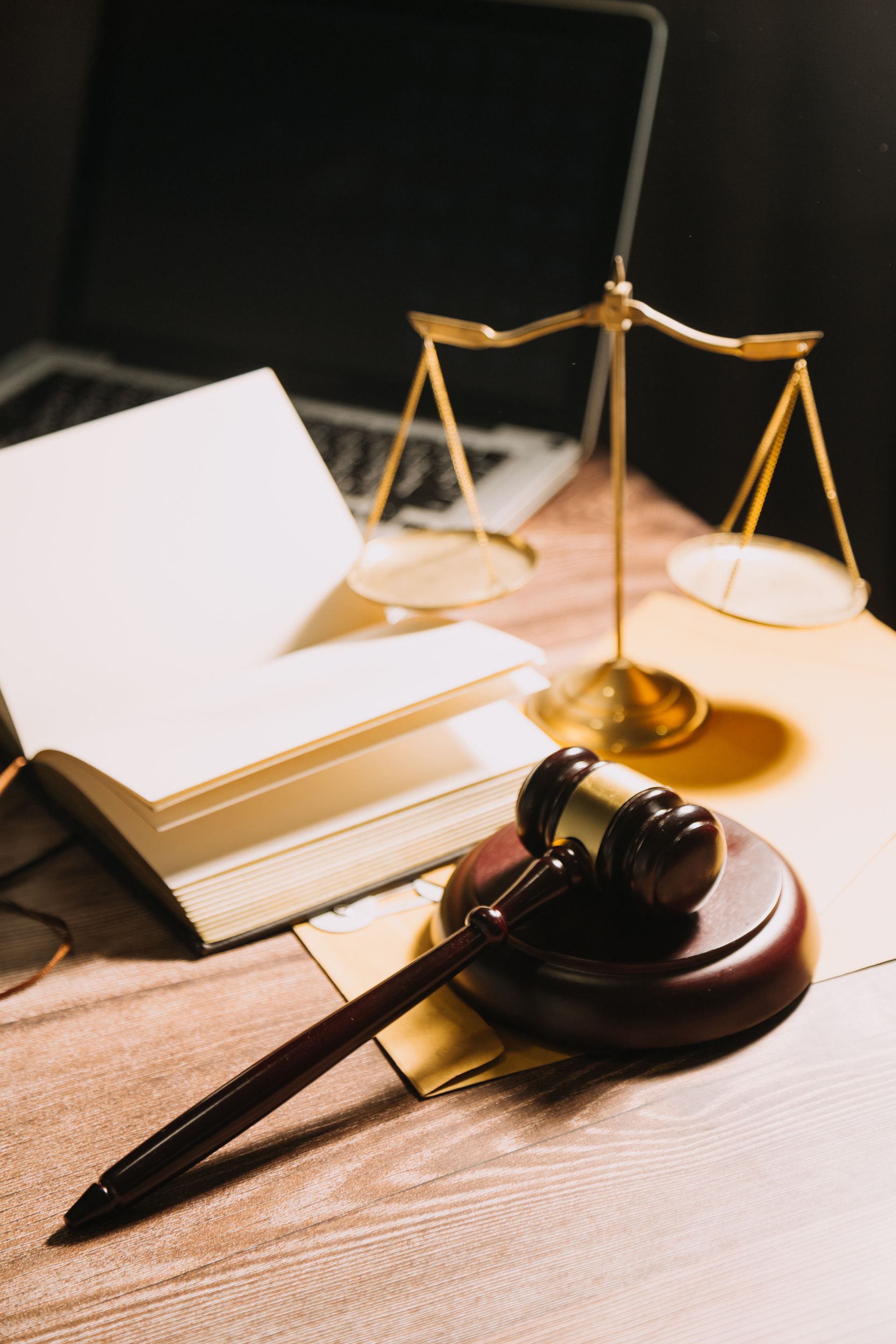Chapter 7 vs Chapter 13 Bankruptcy: Which Is Right for You?
Chapter 7 vs Chapter 13 Bankruptcy: Which Is Right for You?
For individuals facing financial challenges, bankruptcy may be the solution to their problems. However, there are different types of bankruptcies to consider. Knowing which type of bankruptcy to file is the first step towards achieving a financial fresh start. The two most common types of bankruptcy for individuals are Chapter 7 bankruptcy and Chapter 13 bankruptcy. If you're considering declaring bankruptcy, it's essential that you understand the differences between these two types and determine which is right for you.
Chapter 7 bankruptcy is also known as "liquidation bankruptcy." In a Chapter 7 bankruptcy, a trustee will sell off any non-exempt assets you have to pay your creditors. Chapter 7 is often the best option for those who have a lot of unsecured debt, such as credit card debt or personal loans, and don't have many assets to protect. Generally, Chapter 7 bankruptcy is a quicker process than Chapter 13, with debtors receiving a discharge of their remaining debts in just a few months.
On the other hand, Chapter 13 bankruptcy is a reorganization bankruptcy. In Chapter 13 bankruptcy, debtors work to create a three- to five-year plan to pay back some or all of their debts. Chapter 13 bankruptcy is ideal for individuals who have a regular income and want to keep their assets, such as their home or car. Additionally, debtors filing for Chapter 13 bankruptcy may be able to discharge a portion of their debts, making the repayment process easier.
If you're unsure which type of bankruptcy is best for you, it's vital to consult with a bankruptcy attorney. A bankruptcy attorney can help you understand your options, including whether you are eligible for Chapter 7 bankruptcy or if Chapter 13 is a better option for your situation.
Who Should File for Chapter 13 Bankruptcy?
Chapter 13 bankruptcy is an excellent option for individuals who have a regular income and want to keep their assets, such as their home or car. If you have fallen behind on mortgage or car payments and want to catch up, a reorganization bankruptcy may be a better solution. Additionally, if you have large debts that are not eligible for discharge under Chapter 7 bankruptcy, such as tax debts or debts related to a divorce settlement, Chapter 13 may be a better option.
At Grafstein & Arcaro, LLC, we can assist Connecticut public with bankruptcy matters. Our team has extensive experience in handling both Chapter 7 and Chapter 13 bankruptcies, and we can help you determine which option is the right fit for your situation. We also offer debt settlement and credit counseling services to help you avoid bankruptcy altogether if possible.
When considering bankruptcy, it can be difficult to determine which type is right for you. Every individual's situation is unique, and what worked for someone else may not work for you. Therefore, it's essential to get professional advice from a bankruptcy attorney before making any decisions. At Grafstein & Arcaro, LLC, we can help you make the right decision and guide you through the bankruptcy process from start to finish. Contact us today to schedule a consultation.








